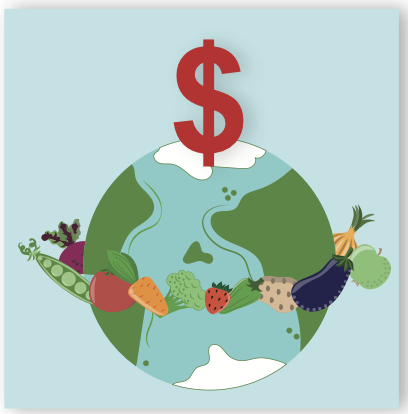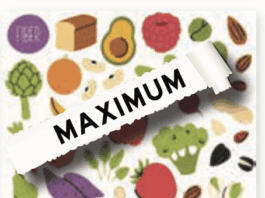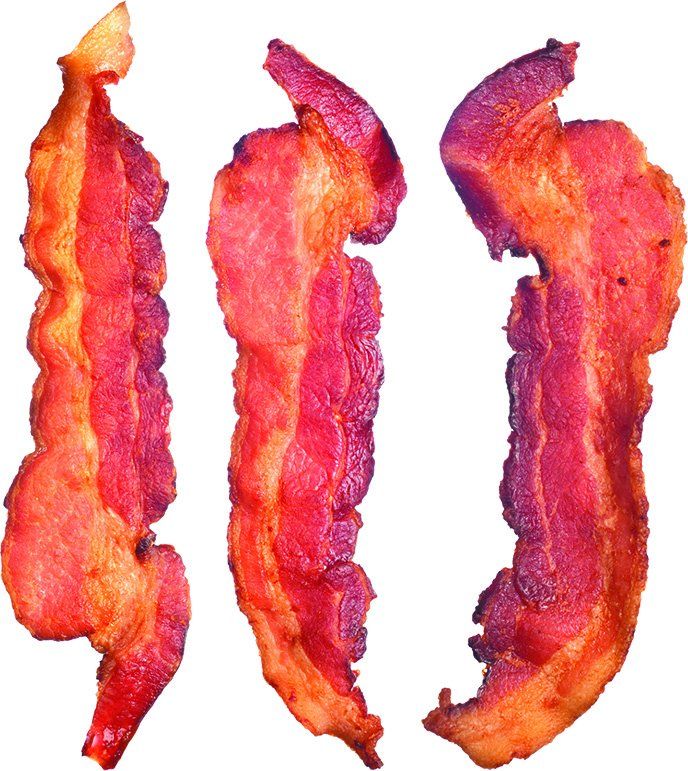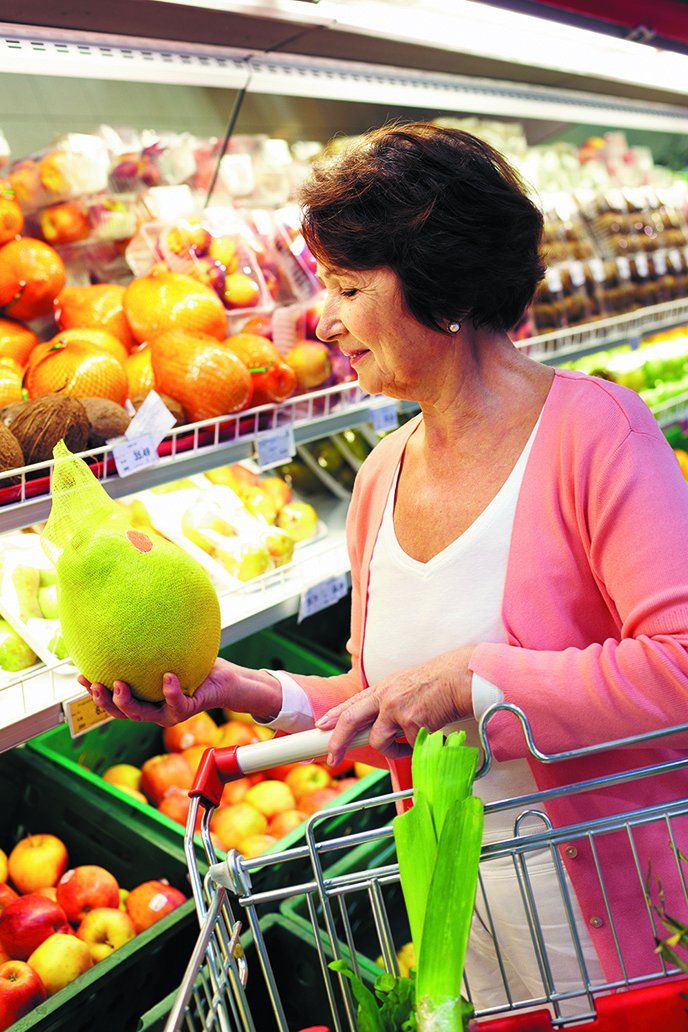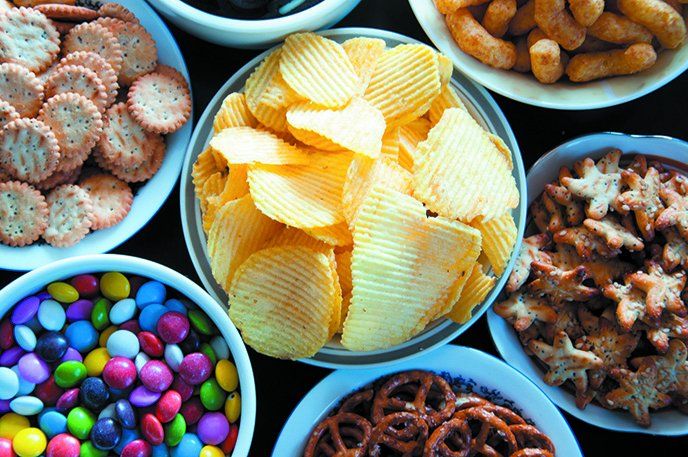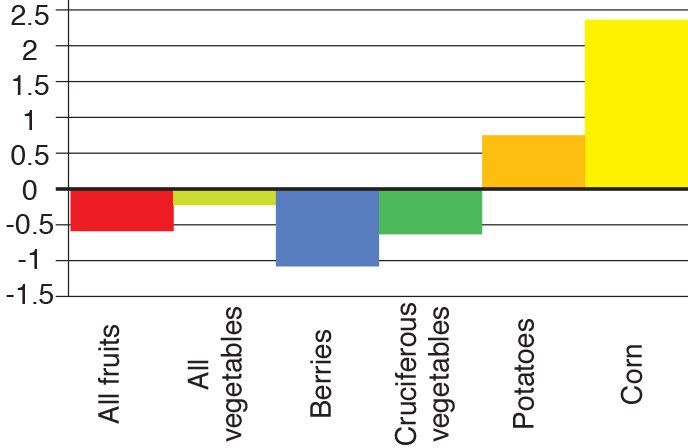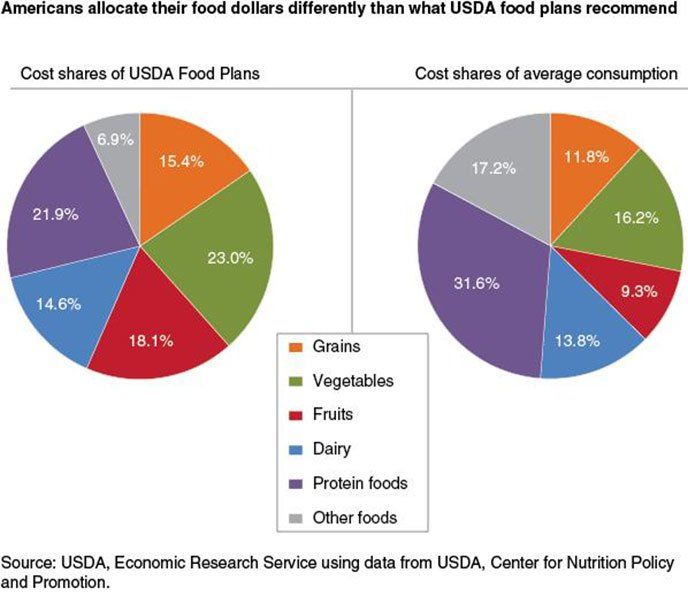FDA Seeks Comments on “Natural” Labeling
You may think the term "natural" on a food label connotes all kinds of positive attributes. To the US Food and Drug Administration, however, "natural" officially means almost nothing.
How Much Should You Worry About Meat and Cancer?
Is the slice of bacon on your BLT really as dangerous as smoking a cigarette? That was the implication of some of the scary headlines about the World Health Organization's recent report stating that processed meat raises the risk of colon, stomach and other cancers.
Eat Everything in Moderation? Not Necessarily Good Advice
The advice to "eat everything in moderation" has long been popular wisdom, though without much scientific evidence to support it. Now a new study has put that dictum to the test.
Longevity Benefits Seen with Moderate Coffee Drinking
That extra cup of coffee is not only safe for most people, but might actually reduce your risk of dying prematurely from heart disease and several other causes.
“Foraging” in the Modern Supermarket
There's good news at your local grocery store. "You should walk into a supermarket with a very positive attitude," says Alice H. Lichtenstein, DSc, director of Tufts' HNRCA Cardiovascular Nutrition Laboratory and executive editor of the Tufts Health & Nutrition Letter. "The availability of healthy and affordable foods has greatly expanded in recent years. There are a lot of options now throughout the store that are really good choices."
Time and Place Drive Snack Picks
How you snack partly depends on when and where youre noshing. Savory snack consumption peaks at midday, according to the NPD Group market-research firm. The desire to reach for something sweet, on the other hand, grows after dinner and peaks at 8 p.m.; more than a third of sweet snacks are consumed after dinner.
From Instagram to Your Waistline
Consuming "food porn" might encourage consumption of actual, high-calorie food. In a review of recent scientific findings, Oxford University researchers concluded that regular exposure to "virtual food" in advertisements, TV cooking programs and social media contributes to cravings for the non-virtual kind.
Convenient Calories Linked to Extra Weight
That old joke about being on the "See-Food Diet" ("I see food… and I eat it") is no laughing matter, according to new research at Cornell University. Brian Wansink, PhD, and colleagues studied 210 kitchens and the women who use them.
Fruits and Vegetables Linked to Better Weight Control
You already know that fruits and vegetables are good for you - but did you know they might also be good for avoiding extra weight as you age? A new study analyzing data on 133,468 men and women over up to 24 years reports that eating more fruits and non-starchy vegetables is associated with modest weight loss.
How Healthy Is Your Food Budget?
A new USDA report concludes that following the dietary guidelines need not cost consumers more, but many Americans would need to re-allocate their food budgets. The analysis identified six changes that could improve consumers diet quality - none costing more and most actually saving money.





















